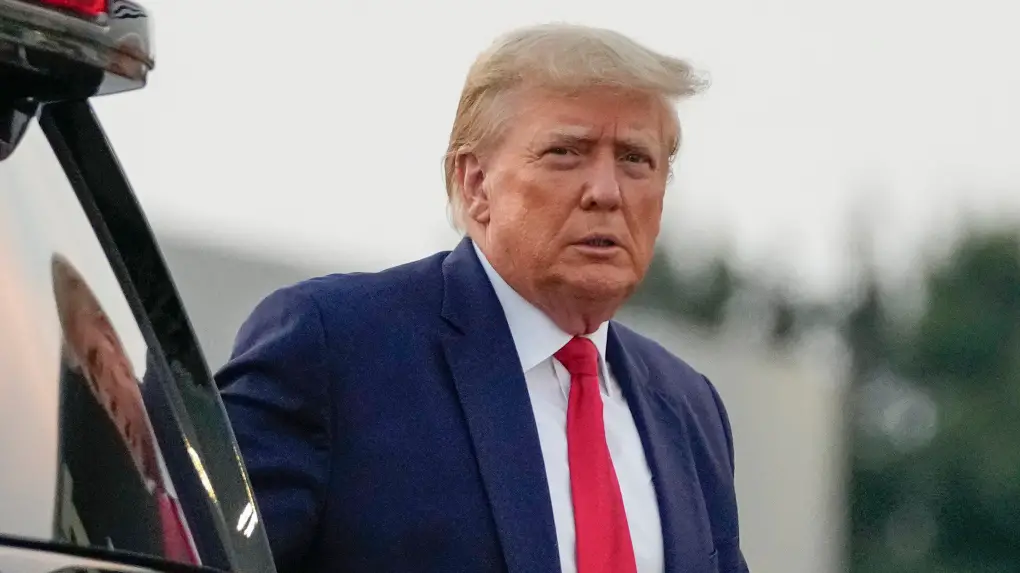
In today’s digital age, where images can go viral in a matter of minutes, the power of a single photograph to shape narratives and influence public opinion cannot be underestimated. The recent widespread circulation of former President Donald Trump’s mugshot has become a testament to this power, but not in the way many might have anticipated.
Historically, the black community has been a bastion of support for the Democrat Party. Their votes and voices have been instrumental in shaping political outcomes and influencing policy decisions. However, the ripples created by Trump’s mugshot across platforms like X (formerly known as Twitter), TikTok, Facebook, and YouTube suggest that the political tides might be turning.
At first glance, the question arises: Why would a mugshot, typically associated with criminality and disgrace, evoke such a strong and positive response? The answer lies in the deeper layers of symbolism and the collective psyche.
For a significant portion of the black community, Trump’s mugshot isn’t just an image of a former president. It symbolizes the experience of countless individuals who feel they’ve been unfairly targeted or treated by a system that often seems biased. It’s a representation of standing tall against adversity, of resilience in the face of challenges.
A resonating voice from the digital expanse declared, “When the system tries to pull you down, and you still stand with your head held high, that’s a testament to character. If Trump’s considering another run, he’s got my backing.” Another sentiment, echoing from Atlanta’s Zone 6, added depth to this narrative, “Overcoming challenges, facing adversity head-on – that’s a journey many of us know all too well. Trump’s just earned some respect on the street.”
Antoine Tucker, whose life story spans from gangster roots to a spiritual transformation, offered a raw, unfiltered perspective. He posits that the establishment’s attempt to corner Trump might have inadvertently elevated his stature, especially among those who feel marginalized.
But this narrative extends beyond the confines of a single photograph. It’s about a broader sentiment of disillusionment, about promises made and then broken. Voices, some emerging from unexpected places like Fulton County Jail, are becoming louder. They speak of cities like Atlanta, once symbols of prosperity, now facing challenges under the watch of liberal leadership.
Recent polling data, such as the insights from the New York Times / Sienna poll, underscore this narrative shift. The rock-solid support that Biden once enjoyed among certain non-white demographics appears to be showing cracks. Analysts like Ruy Teixeira are drawing attention to this shift. The Democratic Party’s progressive leanings seem increasingly misaligned with the centrist views of the nonwhite working class.
Teixeira delves deeper, highlighting that this demographic perceives racism more as individual acts of prejudice rather than an overarching systemic issue. Their stance on issues like policing is clear – they are in favor of funding the police, a viewpoint that contrasts sharply with many progressive calls.
As the 2024 elections loom on the horizon, the political landscape appears more fluid than ever. The release of Trump’s mugshot, rather than marking a moment of weakness, might be remembered as a catalyst for change. Both parties must now recalibrate their strategies, paying heed to these emerging voices. For in the intricate dance of politics, it’s often the unexpected twists that leave the most indelible mark.
Source Conservative brief
